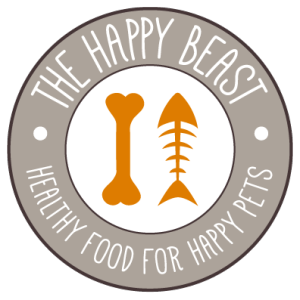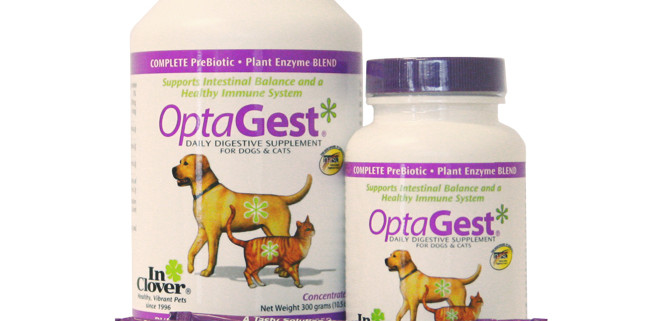As many of you know, we spend a lot of time educating our customers about appropriate feline nutrition and which commercially-available foods meet our criteria for a proper diet. You can imagine my shock and disappointment when a coworker of my husband’s was told by his vet that cats are omnivores! I couldn’t believe my ears. The domestic cat is part of the Family Felidae which consists of 41 known species, all of which are known to be obligate carnivores.
An obligate carnivore requires a diet of meat and organs to survive, their bodies do not produce enzymes that can convert plant matter into essential amino acids and vitamins. Taurine is the most commonly known essential amino acid that cats must acquire from meat alone.
Over the years, we have had several personal conversations with local vets about feline nutrition and what their nutrition curriculum consisted of while in veterinary school. I decided to take this opportunity to sit down with veterinarian Dr. Angie Krause, DVM, CVA, CCRT from Boulder Holistic Vet, and formally interview her about feline nutrition.
As it turns out, our conversation about feline nutrition was short and simple: proper nutrition means feeding a biologically-appropriate diet that is high in moisture, high in protein, and low in carbohydrates. In essence, we should come as close to feeding a mouse, or other typical prey animal, as possible. This also means that for your cat to achieve optimum health, you should eliminate or feed as little kibble as possible. Kibble is too high in carbs and too low in moisture to meet the needs of a strict carnivore.
Of course my burning question was “why have vets recommended a kibble-based diet?” Dr. Krause said that by the time she had entered vet school in 2003, she was taught that veterinarians had gotten it wrong when it came to feeding cats. Cats had previously been lumped into the same category as small dogs, and were fed as such. However, it is now a well accepted truth that cats have very specific needs and that a diet high in carbs and low in moisture is not well suited for these strict carnivores.
Dr. Krause believes nutrition is everything and that if individuals fed their animals a biologically-appropriate, less-processed diet, the need to see a vet would decrease by 50%! She said that when she first started practicing at a conventional vet clinic, a majority of the feline cases she saw were inflammatory in nature (e.g. Pancreatitis, Irritable Bowel, etc.). When she switched to an integrated vet practice, where patients were feeding healthier foods, she saw a huge shift in the type of conditions she would see. This furthered her belief that nutrition plays a vital role in the overall health of companion animals; cats in particular.
The importance of nutrition became clear to Dr. Krause through her own health crisis. When she was just 18 years old, Dr Krause got mono, followed by chronic fatigue syndrome. The doctors told her that she would suffer the effects of her illness for the rest of her life. Dr. Krause was incredibly active and couldn’t accept this prognosis. At just 18 years old, Dr. Krause followed her intuition and used nutrition to make a full recovery. The key to her recovery was the removal of sugar!
We are all shaped by our experiences and what I valued most about my conversation with Dr. Krause was that she has personally experienced the effects that nutrition can have on our overall health and the power it has to bring us back from disease and illness.
Learn more about Dr. Kraus and her practice with Boulder Holistic Vet.




